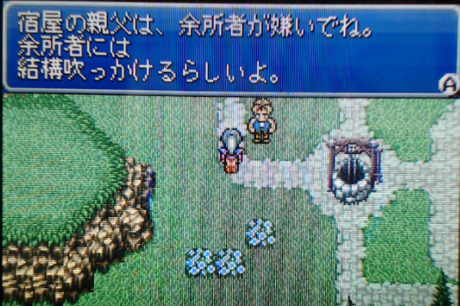
The following dialogue is from the video game Final Fantasy VI:
宿屋{やどや}の[親父]{おやじ}は、[余所者]{よそもの}が[嫌]{きら}いでね。
I think I understand this sentence. It means something like "the old man at the inn doesn't like outsiders". But I'm not sure why it ends with でね (as opposed to, say, だよ). I can tell that it's the -te form of the copula だ plus the particle ね, but I'm not sure exactly when this combination is used.
I couldn't find discussion of ending sentences with で in dictionaries, or any explanation of the combination でね. So I decided to look for examples online. I found these on ALC and in the Tanaka corpus:
「それは私が知っているある海賊の名前でね。」
"It's the name of a buccaneer of my acquaintance"「ああ、ただの黙想でね」
"O, it's just a retreat, you know"「いやぁ、昨日は入れ食いでねえ。」
"They were biting like crazy yesterday."
Based on these four examples, it seems like でね is used to present new information. I feel like I'm missing some nuance or implication, though. (I tried looking for similar combinations with other particles instead of ね, but I couldn't find any.)
What exactly does でね mean in sentences like these?
EDIT: After posting this, I found てね in 大辞林, but I don't think the meaning fits what I'm seeing here... It says 「相手に対するやや甘えた依頼や希望を表す。てよ。」, but these sentences don't look like they express 依頼 or 希望.
